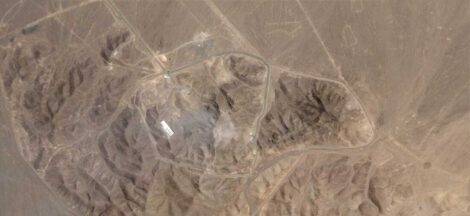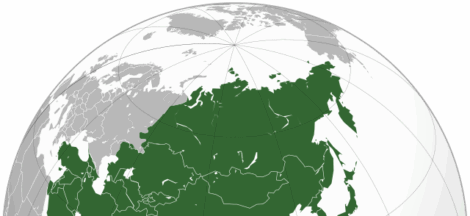A federal judge has issued a temporary restraining order against the Trump administration’s attempt to deport Venezuelan nationals under the Alien Enemies Act of 1798, a statute historically reserved for wartime scenarios. This development has sparked a legal debate over the scope of presidential powers concerning immigration enforcement.
On March 15, 2025, President Donald Trump invoked the Alien Enemies Act to expedite the deportation of individuals allegedly affiliated with the Venezuelan gang Tren de Aragua, which the administration has designated as a terrorist organization. This marked the first invocation of the act since World War II. The administration argued that these deportations were necessary to protect national security, citing the gang’s involvement in criminal activities.
However, U.S. District Judge James E. Boasberg issued a temporary restraining order, effectively halting the deportations and scheduling a hearing to further assess the legality of the administration’s actions. The judge’s decision came in response to a lawsuit filed by civil liberties organizations, including the American Civil Liberties Union and Democracy Forward, which argued that the Alien Enemies Act is intended for use during declared wars against foreign nations, not against non-state actors like criminal gangs.
The Alien Enemies Act, enacted in 1798 as part of the Alien and Sedition Acts, grants the president authority to detain and deport non-citizens from hostile nations during times of war. Historically, it has been invoked during the War of 1812, World War I, and World War II to target nationals from enemy countries. Critics of the administration’s current use argue that applying the act in this context is a significant overreach, as the United States is not formally at war with Venezuela.
Despite the judge’s order, reports indicate that over 250 alleged gang members were deported to El Salvador. El Salvador’s President, Nayib Bukele, confirmed that these individuals are being held in the country’s “terrorism confinement centre,” a facility known for its stringent security measures. The U.S. government has agreed to cover the costs associated with their detention.
This situation has raised concerns among human rights organizations, which argue that the deportations may lack due process and that the conditions in El Salvador’s detention facilities are inhumane. They also question the evidence used to label these individuals as gang members, noting that neither the U.S. nor El Salvador has provided concrete proof of their alleged affiliations.
The legal challenge against the administration’s actions underscores the tension between national security measures and individual civil liberties. The ACLU and other advocacy groups contend that invoking the Alien Enemies Act in this manner sets a dangerous precedent for bypassing established legal procedures in immigration enforcement. They argue that the act’s application should be limited to formal wartime contexts involving nation-states, not extended to non-state actors like criminal organizations.
In response, the administration maintains that the president possesses broad authority to protect the nation from threats, including those posed by transnational criminal organizations. They assert that the designation of Tren de Aragua as a terrorist organization justifies the use of the Alien Enemies Act to expedite the removal of individuals associated with the gang.
The court’s forthcoming hearing will further examine the legal arguments surrounding the act’s applicability in this context. Legal experts note that the outcome could have significant implications for the balance of powers between the executive branch and the judiciary, particularly concerning immigration enforcement and the interpretation of laws enacted in vastly different historical circumstances.
This case also highlights the complexities of addressing modern security threats within the framework of laws that were established centuries ago. As the situation unfolds, it raises critical questions about the adaptability of historical statutes to contemporary challenges and the safeguards necessary to protect individual rights in the face of evolving national security concerns.



 Modi Criticises UN’s Irrelevance Amid Global Turmoil
Modi Criticises UN’s Irrelevance Amid Global Turmoil 